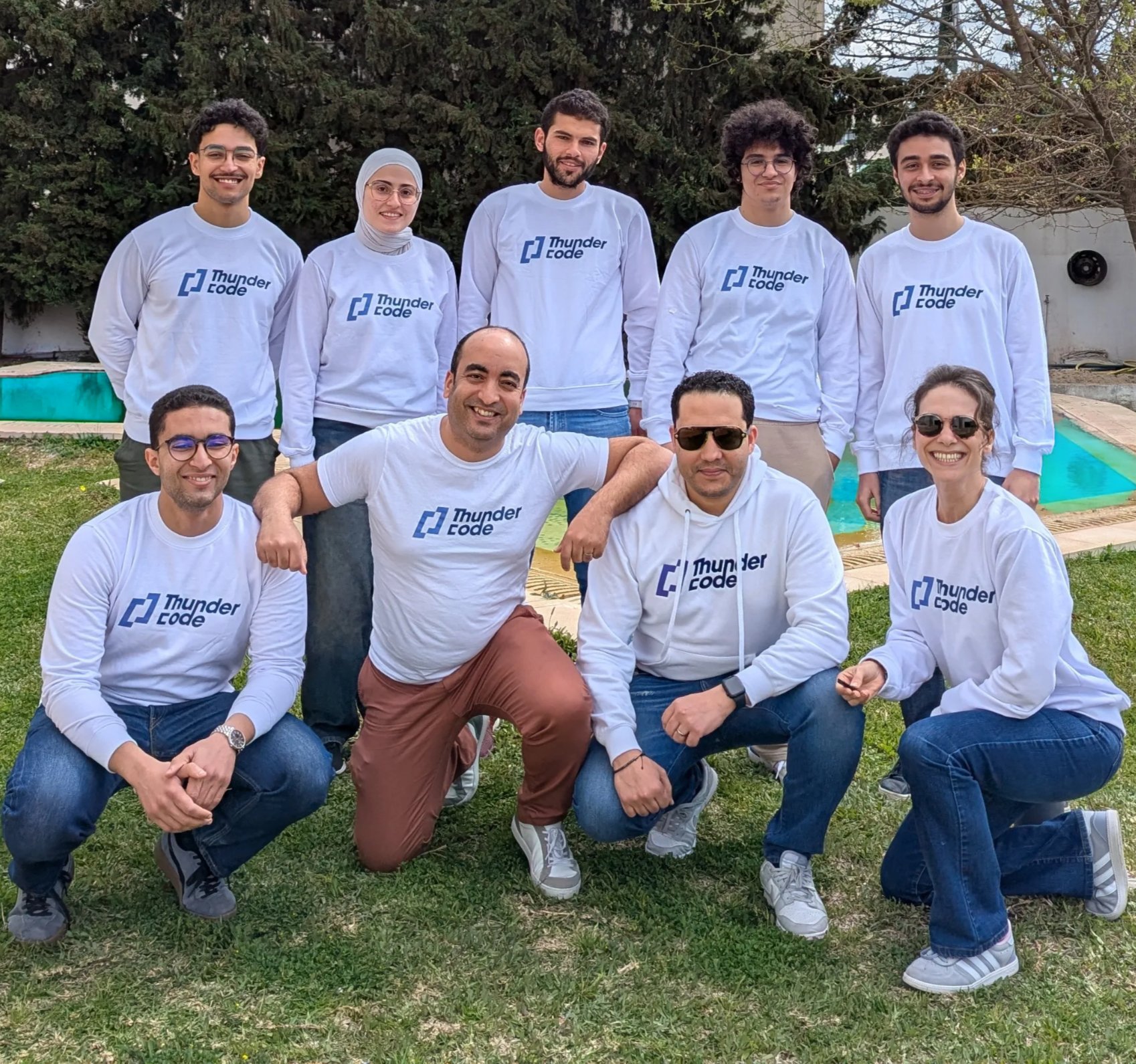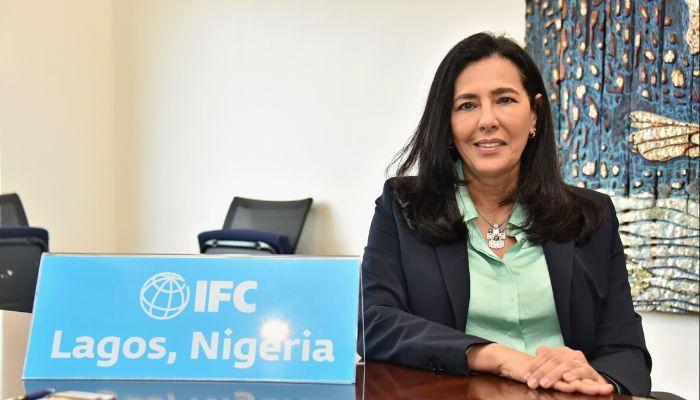Key Points
- Thunder Code, a Tunisian AI startup, raised $9 million in June 2025 for software testing automation.
- It uses AI to make testing faster and accessible, with features like plain English test creation.
- The startup has gained traction in the U.S., Canada, France, and Tunisia, planning to expand further.
Overview
Thunder Code, founded by Karim Jouini and Jihed Othmani, is making waves in the AI startup scene from Tunisia. After their successful exit with Expensya, they launched this platform to revolutionize software testing using generative AI, aiming to make it quicker and easier for everyone involved.
Funding and Growth
In June 2025, Thunder Code secured $9 million in seed funding, led by Silicon Badia, with support from investors like Janngo Capital and Titan Seed Fund. This funding will help expand their AI-driven testing tools globally, with current operations already spanning the U.S., Canada, France, and Tunisia. They plan to add mobile and API testing by late 2025.
Technology and Impact
The platform uses AI agents to automate testing, allowing users to write tests in plain English without coding. It includes features like auto-healing tests and smart personas for specific testing needs, making it a game-changer for QA teams worldwide.
Thunder Code, a generative AI-powered software testing platform based in Tunisia, has emerged as a significant player in Africa’s burgeoning tech ecosystem, particularly following its recent $9 million seed funding round in June 2025. This survey note provides a comprehensive overview of the startup, its founders, technology, market strategy, and its broader implications, drawing on recent reports and official sources to offer a detailed perspective.
Background and Founders
Thunder Code was founded by Karim Jouini and Jihed Othmani, both serial entrepreneurs with a proven track record in the tech industry. Their previous venture, Expensya, a cloud-based expense management platform, was acquired by Swedish fintech Medius in 2023 for an estimated $120 million, marking one of Africa’s largest tech exits. This success provided the foundation for their return to entrepreneurship with Thunder Code. Jouini, who served as CEO of Expensya and later as Chief Product and Technology Officer at Medius, was inspired by the potential of generative AI during his post-acquisition role, while Othmani, the CTO, brought technical expertise in AI development. Their decision to launch Thunder Code reflects a strategic pivot to address inefficiencies in software testing, a critical bottleneck in software development.
Technology and Product Offering
Thunder Code’s platform is designed to automate software quality assurance (QA) using generative AI, targeting a global market projected to exceed $100 billion by 2027. The core technology involves AI “agents” that simulate human testers, autonomously understanding applications, generating and executing tests, and identifying bugs, particularly in UI/UX areas. Key features, as outlined on their official website , include:
| Feature | Description |
|---|---|
| AI-Powered Test Creation | Users write test cases in plain English; AI transforms them into automated tests from product specs or bug reports. |
| Smart Testing Personas | AI agents tailored for specific domains, e.g., screen reader expert for accessibility, UX wordsmith for user experience. |
| Intelligent Auto-Healing Tests | AI detects and fixes element changes to reduce test flakiness, ensuring stable test suites. |
| Streamlined Testing Workflow | Intuitive dashboard for organizing test cases, managing credentials, and tracking versions. |
| Cross-Platform Test Automation | Executes tests across browsers, OS, and language configurations, detecting issues in distributed systems. |
| Comprehensive Test Analytics & Metrics | Provides visualizations for test coverage, execution times, and ROI, with detailed reports. |
| Powerful Integrations | Integrates with Jira, GitHub, Notion; supports CI/CD pipeline triggers for seamless workflow. |
| Enterprise-Grade Security | Compliance with GDPR, ISO 27002, SOC 2; includes encryption and secure credential management. |
| No Coding Required | Designed for QA teams; AI translates plain English test cases into automated tests. |
| Quick Start | Create and run automated tests within minutes, with comprehensive onboarding support. |
| Complex Process Handling | AI engine breaks down multi-step business processes like approvals and cross-system interactions. |
| Compliance Testing | Expert personas evaluate against industry standards, configurable for specific compliance needs. |
Testimonials from users, such as Mike L., a DevOps Engineer, highlight efficiency gains, noting savings of “countless hours” with GitHub integration, while Rachel K., a QA Lead, reported cutting regression testing time by half with parallel test execution. Another user emphasized how AI personas catch edge cases, transforming their testing approach after over a decade in development.
Funding and Investor Support
The startup raised $9 million in seed funding in June 2025, led by Silicon Badia, with participation from Janngo Capital, Titan Seed Fund, MEDIN Fund Management, and notable angel investors including Roxanne Varza (Director of Station F), Karim Beguir (CEO of InstaDeep), and Guillaume Amblard, a specialist in AI investment. Some investors, including former Expensya employees, reflect the founders’ strong network and credibility. This funding is being utilized to enhance the platform’s AI infrastructure, advance CI/CD integration, and support global expansion, with plans to extend into mobile, desktop, and API testing by late 2025.
Market Strategy and Traction
Thunder Code targets a software testing market dominated by legacy platforms like Tricentis and BrowserStack, which the founders argue are slow to adopt new technologies. By leveraging AI to automate and democratize testing, Thunder Code aims to capture market share in a sector ripe for disruption. Within six months of its 2025 launch, the platform secured paying customers and pilot programs across North America (U.S., Canada), Europe (France), and North Africa (Tunisia), focusing initially on web application testing. The company partners with delivery managers, QA shops, and developer teams, emphasizing accessibility for non-technical users and integration with existing workflows.
Competitive Landscape and Challenges
The competitive landscape includes established players like Tricentis and BrowserStack, as well as emerging AI-driven startups like UiPath and Jetify. Thunder Code differentiates itself through its rapid MVP development (launched in six weeks) and focus on agentic AI, but faces challenges such as market adoption, given the entrenched nature of legacy platforms, and scaling globally from Tunisia, where infrastructure and data access can be limiting factors. The success of InstaDeep, another Tunisian AI startup acquired for $684 million in 2023, suggests potential, but Thunder Code must navigate these hurdles to achieve its unicorn aspirations.
Significance in the African Tech Ecosystem
Thunder Code’s emergence reinforces Tunisia’s position as a hub for AI innovation, following InstaDeep’s high-profile exit. Its $9 million seed round signals growing global investor confidence in African-led AI ventures, contributing to the continent’s narrative of innovation. The startup’s focus on addressing universal pain points in software development positions it as a potential global leader, while also inspiring other African entrepreneurs to tackle local and international challenges.
Future Outlook
Looking ahead, Thunder Code aims to expand its product offerings by late 2025, enhancing its AI capabilities and broadening its market reach. The founders’ experience with Expensya, combined with their strategic use of early dilution and top-tier talent acquisition, suggests a strong foundation for growth. However, maintaining the pace of innovation and overcoming competitive pressures will be critical to realizing their vision of transforming software testing globally.
Conclusion
Thunder Code represents a bold step forward for African tech, leveraging AI to address a global market need while showcasing Tunisia’s potential as an AI innovation hub. Its rapid traction, significant funding, and comprehensive feature set position it as a startup to watch, with the potential to become a unicorn and further elevate Africa’s presence in the global tech landscape.
Key Citations
- Tunisian Founders Who Sold For USD 120 M Raise USD 9 M To Do It Again—With AI
- African Tech Founders Karim Jouini and Jihed Othmani Launch Thunder Code, A Generative AI Startup, After $9M Seed Round – AfroTech
- List of SaaS startups in Africa – StartupList Africa
- Karim Jouini Launches AI Testing Startup Thunder Code, Raises $9M
- La startup franco-tunisienne Thunder Code lève 9 millions de dollars – Managers
- One of Africa’s most successful founders is back with a new AI startup and already raised $9M | TechCrunch
- Karim Jouini Returns to Tech Scene with Thunder Code, a Revolutionary AI-Powered Software Testing Platform – Tech In Africa
- Thunder Code: AI Test Automation | No-Code Testing Platform
- Après Expensya, la nouvelle startup Thunder Code mise sur l’IA pour accélérer les tests logiciels de 90% – Managers
- AI Software Testing Startup Thunder Code Gets $9M Funding




